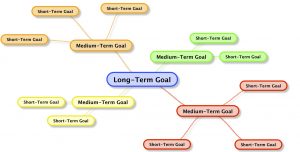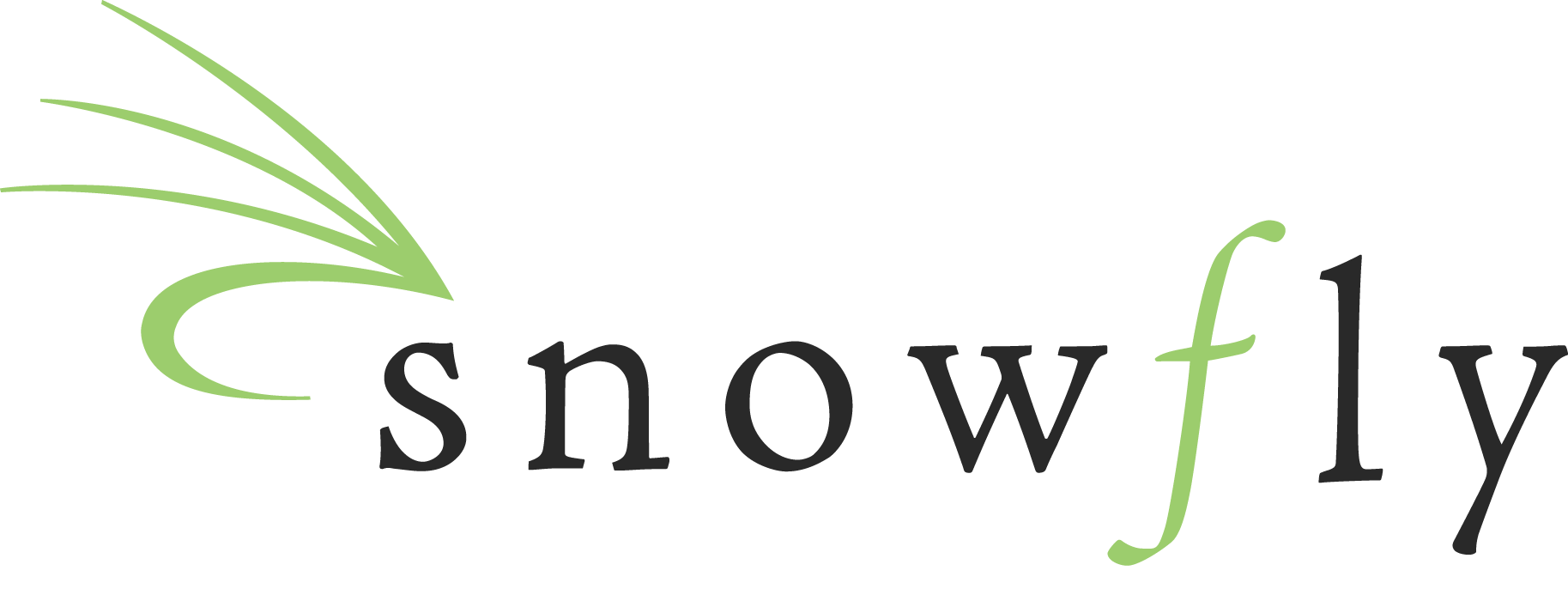
When working with clients whose employee rewards program is primary focused on Sales, Snowfly’s software system easily adapts to their needs and, no surprise here, most of the incentives are based upon sales commissions and or achieving specific sales goals, milestones, and/or quotas.
In sales-related jobs, it is often the top performers who are also the most highly compensated. But monetary compensation is often incorrectly seen as the only way to motivate salespeople rather than just one of several ways to engage and reward your top performing sales staff. There are really several key ways that employees are motivated and providing a combination of as many of them as possible is the surest way to keep your sales staff engaged and working hard to close more sales.

Short-term to Medium-term to Long-term goal progression.
First, the best sales teams have multiple sets of goals that provide short-term, medium-term and long-term achievement levels that provide many opportunities for a salesperson to feel a genuine sense of accomplishment at frequent intervals. Having only monthly or quarterly sales goals or quotas means you are missing out on the power of daily and weekly celebration opportunities for your sales team. Small, incremental daily rewards are so powerful in providing salespeople, especially those whose sales cycles may be months, or even years, in length.
The longer the sales cycle and the higher the value or cost of the product being sold, the more important it is for salespeople to have their steps towards closing the sale celebrated and recognized along the way. To enhance your overall sales, think about ways that you can break-up your annual or quarterly sales targets into monthly, weekly and daily goals…or maybe even down to hourly goals if appropriate. Sales SPIFs can be for very small actions taken and don’t have to be large (or even monetary) to get the attention of your sales team. Keep in mind that a sales person sees progress with every step taken is one who is more likely to get across the finish line and close more sales.
Second, you must understand and accept that while money is highly motivating to most, if not all people, it may not be the MOST important thing to many people. Rewards that are offered for sales performance should be desirable to each individual person and, ideally, each person should be able to choose the reward that is most motivating to them. Understand that being flexible in the rewards offered to your sales team provides added motivation that may not cost you anything.
In his great article on HubSpot entitled “How to Motivate your Sales Team: 8 Tried-and-True Strategies”, author Dan Tyre recounts an experience in working at Lotus where he anecdotally shares the truth that many people are highly motivated by public recognition and that a small trophy that has no value to an outsider can be an extremely effective form of motivation and reward. Other forms of non-monetary recognition include: promotion to a special project team or team lead, offering to cater lunch for a contest winner and some colleagues of their choice, giving them more freedom and autonomy to set their own hours (if appropriate), to work part of the day for them, to let them work from home, etc. In today’s day and age of “work-life-balance” being so critical to keeping the best performing employees, recognizing your employees for their performance also needs to have flexibility built into the program.

Because of our experience in having worked with multiple sales teams across many industries, we can truthfully say that there is no one compensation package or one set of rules that will apply to every company and to every sales team. As such, it is critical that your Employee Recognition program is easily adaptable and can flex with your company’s ever-changing needs and with the various personalities found on your sales team. Snowfly continues to be successful with sales organizations of all shapes and sizes and with products ranging from hotel accommodations to fine jewelry to storage units to legal services because we help our Sales clients create the unique employee recognition program that works for their individual teams and because their programs are never static but can be adjusted on-the-fly, whenever necessary, to meet the recognition and compensation needs of their team in that moment.

